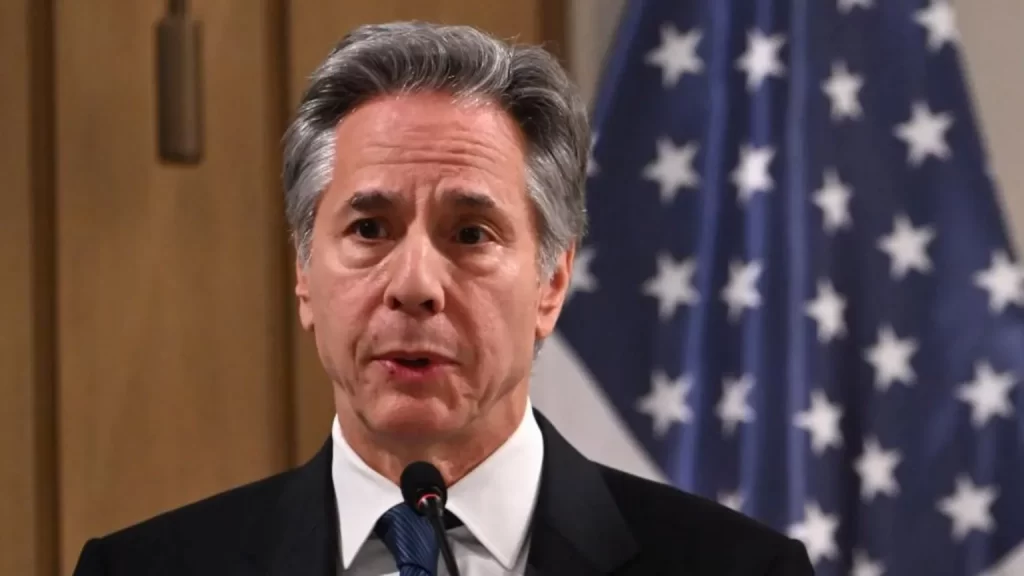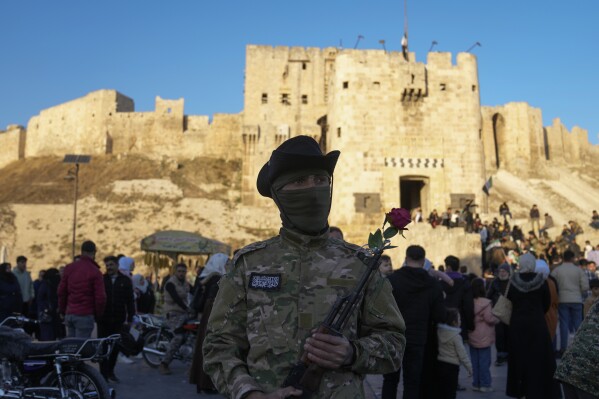The United States has confirmed direct communication with Hayat Tahrir al-Sham (HTS), the Syrian rebel group that now controls much of the country following the recent overthrow of Bashar al-Assad. This marks the first public acknowledgment of U.S. contact with HTS, which remains designated as a terrorist organization by Washington.

Secretary of State Antony Blinken, speaking in Jordan after a summit with regional and international leaders, revealed that discussions with HTS have included matters such as the fate of Austin Tice, a missing American journalist. “We’ve been in contact with HTS and other parties,” Blinken told reporters, signaling a shift in U.S. engagement with Syria’s evolving political landscape.
The meeting in Amman, attended by representatives from Arab nations, Turkey, and Europe, focused on Syria’s post-Assad future and emphasized the importance of a peaceful transition. Jordanian Foreign Minister Ayman Safadi underlined the need to avoid further chaos, while a joint communiqué called for the establishment of an inclusive government that safeguards minority rights and denies safe haven to extremist groups.
HTS, the most powerful rebel faction in Syria, has indicated its intent to form an inclusive government. However, its history as a jihadist organization has raised skepticism about its commitment to such promises. HTS leader Ahmed al-Sharaa, formerly known as Abu Mohammed al-Jolani, has appointed Mohammed al-Bashir as interim prime minister, as Syrians and the international community await further developments in governance.

The Syrian uprising reached a climax on December 8, when opposition forces captured Damascus, forcing Assad to flee to Russia. His 24-year rule, preceded by his father Hafez al-Assad’s decades-long grip on power, came to an end after a 13-year civil war that claimed over half a million lives, displaced millions, and drew in international powers and their proxies.
At the summit, Iraqi Foreign Minister Fuad Hussein expressed concerns over Syria’s future, warning against a repeat of Libya’s post-Gaddafi instability. Turkish Foreign Minister Hakan Fidan stressed the importance of preserving and reforming Syria’s institutions during the transition to prevent terrorist groups from exploiting the situation.
Notably absent from the talks were representatives from Syria, along with Iran and Russia, the two countries that had long supported Assad’s regime. The ministers in attendance, however, reaffirmed their commitment to a unified Syria free of sectarian divisions.
As the Syrian people begin to navigate their newfound freedom, the international community is closely watching the formation of a new political order. The next steps will be crucial in determining whether Syria can achieve stability and rebuild after years of conflict.



